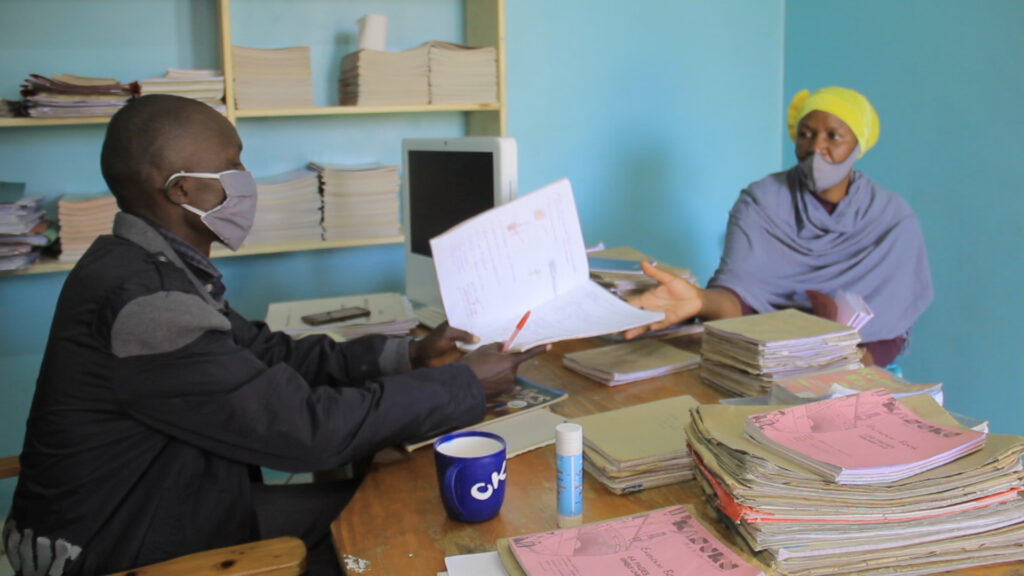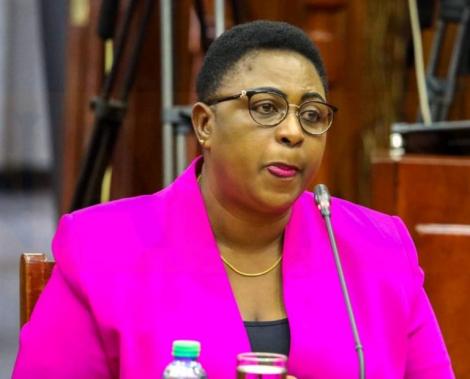
A humanitarian organization has devised innovative ways in which over 1,500 pupils from low income settlements and poor families continue learning as educational institutions remain closed following the coronavirus outbreak in the country.
Learn and Live Kenya which runs a Primary School at Barut in Nakuru West Sub-County has put in place a system where parents visit the institution, where they collect assignments and homework from teachers and deliver it to their children.
The parents later return the exercise books for marking and observations to every respective lesson teacher in a bi-weekly exercise.
Learn and Live Executive Director Kennedy Branda noted that as various schools, especially private ones, engage their pupils in digital classes, while others send assignments through email and WhatsApp platforms, the same was not possible for learners from poor backgrounds.
Branda said regardless of its damaging effects on global health and the economy, the pandemic was a blessing in disguise for learning institutions as it was revolutionizing education systems in the continent.
He said the learning program which is being supported by local and international donors had been fashioned to conform to learning outcomes and other requirements specified in the face-to-face delivery of the primary school curriculum.
Branda said most of the over 400 parents of the over 1,500 learners at the institution were casual labourers who had been exposed to Covid-19 pandemic economic shocks.
“We first had a briefing session with parents and taught them how they will supervise their children as they carry out assignments from home. The parents have been issued with a school time table as they are custodians who will enable their children to continue learning” explained Branda.
The home based learning program also incorporates monthly cash stipends and food to all the parents whose children are enrolled at the Learn and Live Kenya educational facilities.
The director observed that the future of learning will be different even if Kenya weathered the Covid-19 crisis. He suggested that education systems be redesigned to meet the challenges of an uncertain future.
“Parents must inculcate in their children a culture of self-learning, curiosity and desire to work on their own,” stated the Executive Director.
Schools in the country which had opened on January 6, 2020, were closed on March 1 due to the pandemic. The learners had not completed their Term One syllabuses. This prompted teachers to adopt online lessons which has left out many learners due to lack of infrastructure.
The program according to Branda has ensured that all the 46 teachers and over 20 auxiliary staff that includes drivers, cooks, cleaners, watchmen, caregivers and finance staff have not lost their jobs.
A senior teacher at the institution Harriet Nerima said once occupied with school work at home pupils are easily monitored and will play less since their friends are not there.
She said parents had been informed to sensitize their children about the virus and encourage them to refrain from interacting with their friends for their safety.










